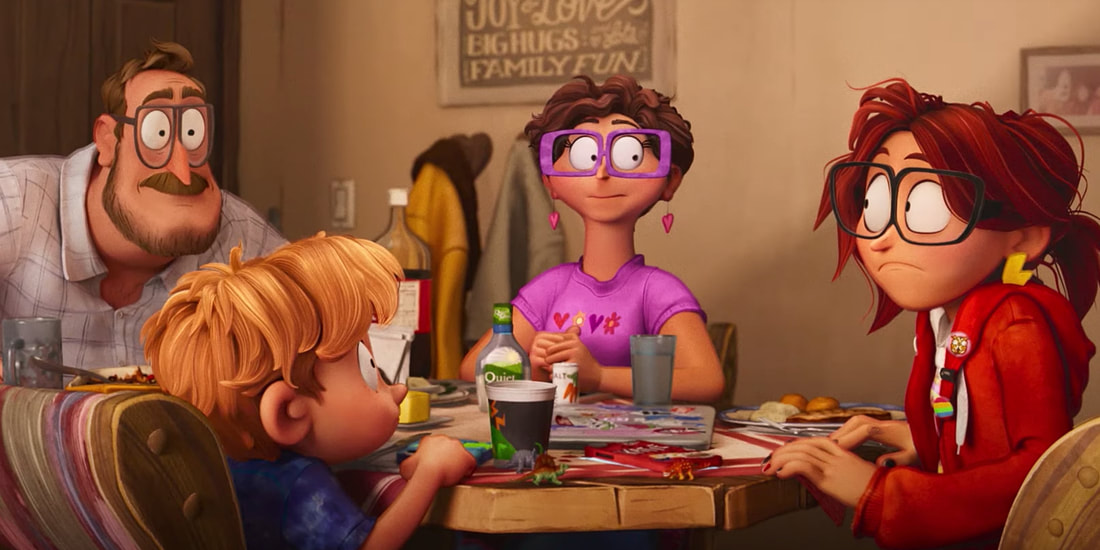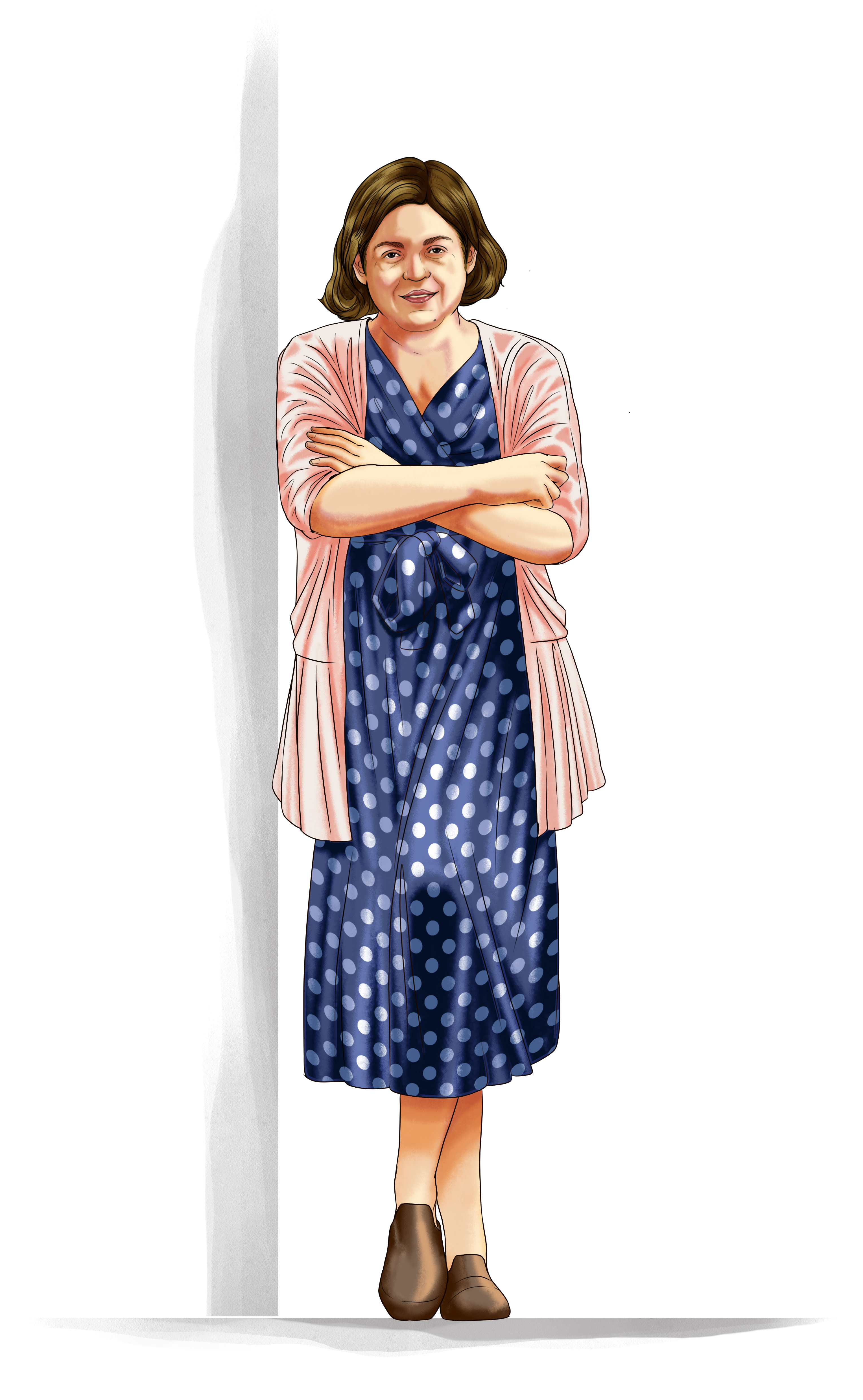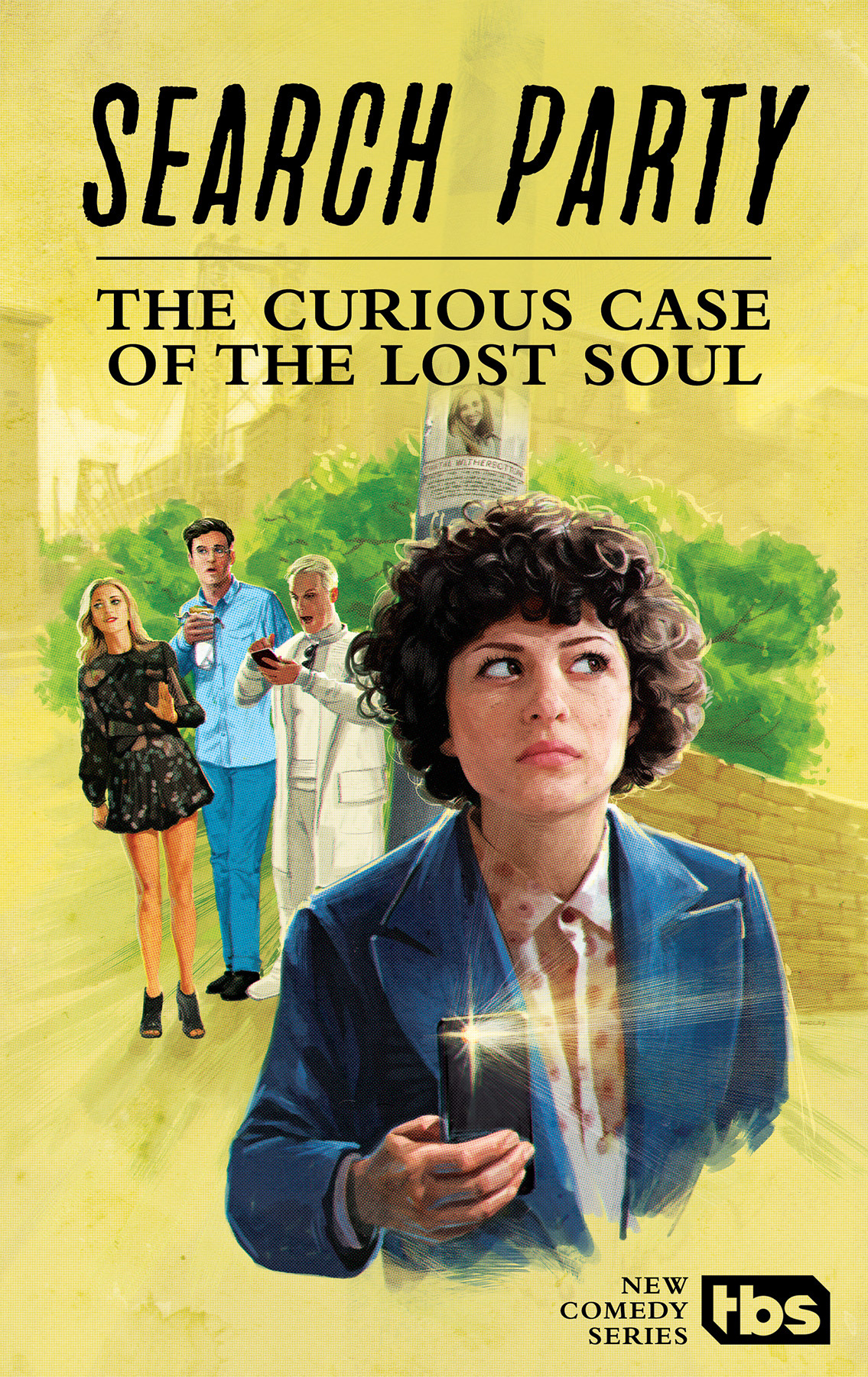
I used to have a simple, self-aware joke that I'd simply exhibit to show my love for the animated Disney film, "A Goofy Movie". I would simply say "I have a better relationship with 'A Goofy Movie' than I do with my own father". My personal connection with this joke meant I would often say it whenever the movie was a topic of discussion, which is frequent for the average twenty-something. Depending on how deep my connection was with my audience, depending on whether they were a close, dear friend or only a kind work acquaintance, the joke would have a mixed reaction. More often than not, the response would be a sad frown bundled with the classic "are you okay?" as a sign they did care about me but didn't fully grasp my self aware sense of humor yet.
This connection with "A Goofy Movie" (1995) had me immediately fall in love with the 2021 Sony Animated Pictures film "The Mitchells vs. The Machines" directed by Mike Rianda (Gravity Falls) and written by Mike Rianda and Jeff Rowe (Gravity Falls, also). The movie is essentially a modernized, more mature take on the basic conceit of "A Goofy Movie", directed by Kevin Lima (or Thomas Washington for my fellow Donald Glover fans out there). If you haven't seen the latter, it can be summarized with ease. Well, if you grew up on Disney Channel like I did, anyways. A father, Goofy has difficulties connecting with his teenage child, Maxwell Goof. Max Goof (Jason Marsden) wants to focus on his passion for music and his school crush, and finds his father's clingyness difficult to navigate.
This becomes a core driving factor of the flick as Goofy (Bill Farmer) decides the only way he can connect with his son is by forcing him on a road trip to his personal favorite fishing spot, which inadvertently destroys Max's date with his crush from school, Roxanne (Kellie Martin). Over the course of the road trip, Goofy notices how Pete (Jim Cummings) essentially bullies his son, PJ (Rob Paulsen) into being a personal soldier that does everything he wants. He feels a clear disconnect with this idea, as the lack of freedom would keep Max from being himself, and comfortable being around his father.
Goofy spins this into inspiration by meeting Max halfway on the concept of the roadtrip, and giving him the position of "navigator" so that Max can choose every stop on the way to this preplanned destination, Lake Destiny in Idaho. Despite the growth between Max and Goofy over this new inspiration behind the roadtrip, Pete finds a simple way to throw a wrench in it, which leads to the climax of the picture.
On their last stop on this roadtrip, the Goof Troop runs into Pete and PJ again. Pete notices how much fun the Goofs are having and suggests he should take credit for their new enjoyment of the vacation. Goofy responds by explaining how he didn't feel comfortable with doing things Pete's way. This leads to an argument that ends on the note of Goofy saying "My son loves me" while Pete immediately responds with "hey!! My son RESPECTS me". In this mindset, Pete actually overhears a conversation between PJ and Max about how Max plans to navigate him and his father to his real desired destination, a concert with his favorite musician Powerline (in an effort to impress his crush, who was disappointed by the cancelation of their date). Pete immediately uses this information to snap at Goofy, and explain how the freedom gave Goofy a lack of control, meaning his way of doing things was the only Right Way.
Back on the road, Goofy is noticeably upset with Max, despite Max's every attempt to connect with his father (using the same methods of classic roadtrip entertainment that Goofy has in the first act of the film).
The family is brought to a turn in the road, of which Goofy knows personally which way to go and trusts his son once again to make the right call of going to their planned destination, Lake Destiny. Confused by the situation, and stressed by Goofy's newfound passion fueled by concern, Max unconfidently sends them to the turn which goes to the Powerline concert. The climax of the movie features classic cartoon shenanigans of them losing their car down a canyon while arguing about their familial relationship. They personally realize how unfair to one another they are being, they hug and sing a song, and then they head to the Powerline concert.
Despite having more abstract ideas (an AI Robot apocalypse), "The Mitchells vs. The Machines" has quite a different analyzation of the familial struggle of a father/child relationship built on disconnection. Our main character here is Katie Mitchell (Abbi Jacobson), who we are introduced to by her being passionate about the members of her family she does have a connection with, her brother Aaron (voiced by director Mike Rianda) and her mother, Linda (Maya Rudolph), but also her love of making movies! Her major disconnect with her father, Mike (Danny McBride), is built upon the simplicity that he doesn't believe in her passion for art. We see him soon blame this disconnect on his family spending "too much time on their phones" while the film clearly shows us how the family is pretty connected despite their phones, just not to him, exactly.
Katie is ecstatic about leaving for college and making friends she can form deep connections with in an art oriented school. She plans on leaving by plane, and expresses her love through her family in a heartfelt goodbye through her methods, a silly video on the internet. Mike Mitchell initially feels put off by the heartfelt abstraction of Katie's feelings, and suggests that her career path could not work out. Katie jumps to defend herself before the video is finished, pointing out how these concerns can easily be read as her father not believing in her artistic ability. This conflict is concluded with the laptop playing the video being broken by the father accidentally throwing it against the wall in an effort of taking the laptop from his unwilling daughter in a short-sighted effort to show he DOES like the video. This broken laptop is an easy example for Katie to point to in her disconnect with her father, as the violent action made it more difficult to do her art, both functionally and emotionally.
This causes Linda to reason with her husband about the rift being caused in the family, with the justifiable evidence of the damage to her way of expression. This gives Mike a familiar idea.
Excited to move on from her messy family and connect with her fellow artists, Katie jumps with excitement as she exits the front door to her planned ride to the airport. Mike meets Katie face to face, explaining that they're actually going on a roadtrip as a family, his thinly veiled attempt to continue forcing a connection. Katie finds this difficult, as her father continues to struggle doing his best to find common ground. She does her best as her mother helps her see the events from a different perspective, and her brother is young enough to naturally find it upsetting when there is disruption in his family.
Soon, the family is met with an (incredibly unapologetic [positive]) AI Robot apocalypse, that is merely started because the tech dork running PAL Labs, Mark Bowman (Eric Andre), easily tosses his Pal (Olivia Colman) Phone away. Pal happily starts this conflict to teach humans a lesson about how phones can help the average person connect, rather than the other way around. She, of course, wants to teach this lesson by destroying the human race.
The film is masterfully done in tackling this message, as the families reaction to this conflict leads to this demise. Mike, naturally, is happy to have an excuse to destroy the families' technology under the excuse of "safety from getting tracked by robots". Katie continues to find difficulty with her father as she sees this joy as a misdirection of their issues. Mike takes the opportunity to lead the charge with poor solutions to the films conflict, eating their family dog and living in a bunker.
Katie, then is forced to go farther than the halfway point in her mother's plan and personally lead the charge. She masks to make her father feel better about their adventure, and give him the confidence in helping the family save the day. Katie's brother Aaron excitedly attempts to understand this newfound connection, but Katie never masks around Aaron, and explains to him that she is just telling their father what he needs to hear to continue attempting to stop Pal.
The roadtrip continues and the family all (mostly) happily connect now that Katie and Mike are getting along. They've simply never been a better team. Until Pal finds their specific, core conflict, and points out how it furthers her opinion of humans being rude, messy, and imperfect. Pal uses the security cam footage of Katie and Aaron's conversation while the family is imminent from failing her plans. It breaks Mike's heart and shocks him to the point that he crashes their stolen PAL transport to the core PAL Labs server. The Mitchell parents are soon captured, causing their kids to save the day. Only, Aaron is sad about the fact that this moment of pure honesty did cause Pal to win in that moment. The siblings watch home videos on Katie's hand me down Handycam (Sony movies are literally forced to have brand synergy lol). While watching these home videos, Katie recognizes that her father stopped being passionate about his art (the dad-coded hobby of wood working) once he focused on his family. This new realization inspires Katie to save her parents, and stop Pal, with Aaron and their family dogs help.
What is incredibly important to me, is where Mike is in this moment. While he's trapped in a cell, conveniently next to Mark, the lead tech fella behind PAL Labs, he notices the popularity and virality of his daughters work. Most importantly, he connects with it. He recognizes how he was not supporting of his daughter's creative passion. Thanks to a chekhov's gun, the parents get out and attempt to help save the day, with the family.
A Goofy Movie is wonderful, don't get me wrong. But the core conflict is very, well, childish. The main mistake Goofy makes is his clingyness to his son, which I think is understandable considering he's a single father raising a teenager. You can't exact connect with the film beyond "well obviously Pete is emotionally abusive and Goofy is a good dad." The Mitchells vs. The Machines takes that concept and finds a deeper meaning, connecting with your family.
In case its not apparent, I have a better relationship with The Mitchells vs. The Machines than I have with my father.
If you enjoyed this piece, please consider supporting me at Ko-fi.com/EileenBrady. I'm currently unhoused and it would really help a lot!


